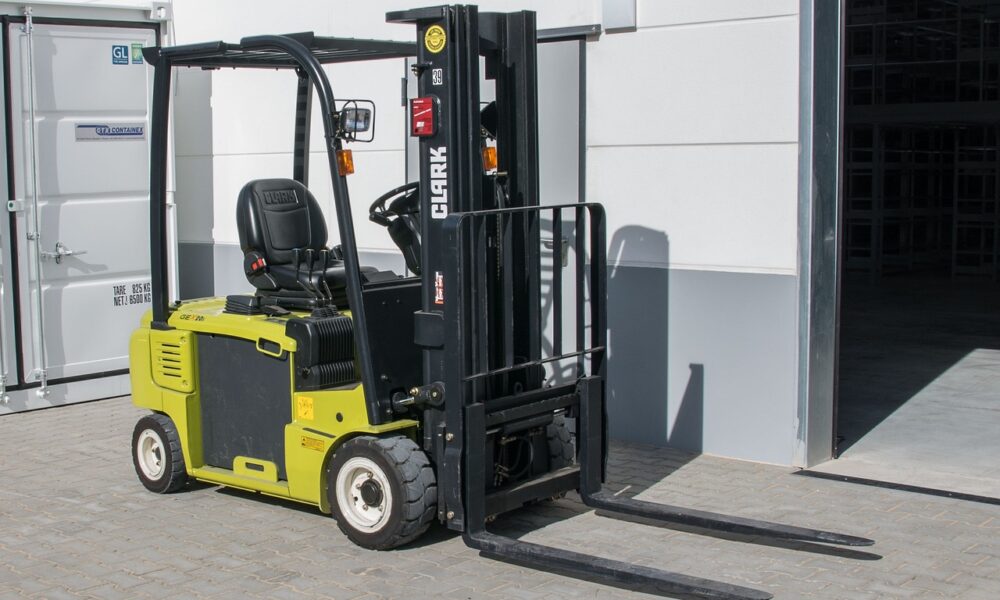Renting vs. Buying a Forklift: Understanding Maintenance Costs

When it comes to acquiring a forklift for your business operations, deciding between renting and buying involves careful consideration of various factors, particularly maintenance costs. Let me break down the key aspects of this decision.
Initial Investment
Purchasing a forklift requires a significant upfront investment. New forklifts typically range from $20,000 to $45,000 depending on the type, capacity, and features. Used forklifts can cost between $10,000 and $25,000. In contrast, renting allows you to access the equipment with minimal initial outlay, typically requiring only a security deposit.
Maintenance Costs Comparison
Ownership Maintenance Costs
When you own a forklift, regular preventive maintenance becomes an ongoing responsibility that typically costs between $250-500 per service interval, which occurs every 150-200 hours of operation. These scheduled services are essential for keeping your equipment in optimal condition and preventing larger problems down the road.
Annual maintenance expenses generally amount to approximately 2-3% of the forklift’s purchase price, creating a predictable budget item for financial planning. However, this doesn’t account for unexpected repairs that might arise.
Parts and labor costs for repairs can vary significantly depending on the issue, but can be substantial for major components. You can save a lot of money by using aftermarket forklift parts instead of OEM components, which often perform similarly at a fraction of the cost.
Owning a forklift also means accounting for downtime costs during repairs, which can impact productivity and potentially require rental of temporary replacement equipment. Partnering with a reliable supplier like this is always a good idea to ensure prompt service and quality parts. Additionally, if you choose to maintain your fleet in-house, there are training and certification costs for maintenance personnel to consider, along with the expense of specialized tools and equipment necessary for proper servicing.
Rental Maintenance Costs
With rental agreements, maintenance is typically included in the monthly fee you pay, creating predictable expenses without the worry of surprise repair bills. This comprehensive coverage means you won’t need to budget separately for routine maintenance or unexpected breakdowns.
Emergency repairs are usually handled promptly by the rental company as part of your agreement, minimizing production disruptions. Most reputable rental companies understand that downtime costs you money and prioritize quick resolution of mechanical issues.
Regular service is scheduled and handled by the provider according to manufacturer specifications, ensuring your equipment remains in optimal operating condition without requiring your attention or management. This professional maintenance often leads to fewer breakdowns and longer equipment life.
Perhaps most valuable to many businesses is that downtime is minimized as replacement units are often provided when your primary unit requires extensive repairs or maintenance. This quick swap capability ensures your operations continue smoothly regardless of mechanical issues.
Long-term Financial Considerations
For ownership, the total cost of maintenance over the forklift’s lifespan (typically 7-10 years) can equal or exceed the initial purchase price. However, you build equity in an asset that retains some resale value.
With rentals, while your monthly costs may be higher than loan payments on a purchase, you avoid unpredictable maintenance expenses and equipment obsolescence concerns.
Making the Right Choice
Buying makes sense when:
- You need the forklift daily for years
- You have specialized requirements
- You have maintenance staff or capabilities
- Your usage patterns are consistent
Renting is advantageous when:
- Your needs are temporary or seasonal
- You want predictable monthly expenses
- Your operation lacks maintenance facilities
- You prefer regular equipment upgrades
Conclusion
The maintenance aspect of the rent vs. buy decision is crucial. While ownership provides long-term value and customization options, it comes with maintenance responsibilities and costs that can be difficult to predict. Renting offers convenience and predictable expenses but at a potentially higher long-term cost. Your business’s specific needs, financial situation, and operational requirements should guide this important decision.

Source: Renting vs. Buying a Forklift: Understanding Maintenance Costs


